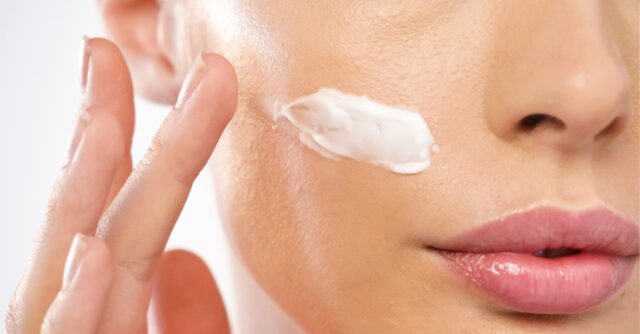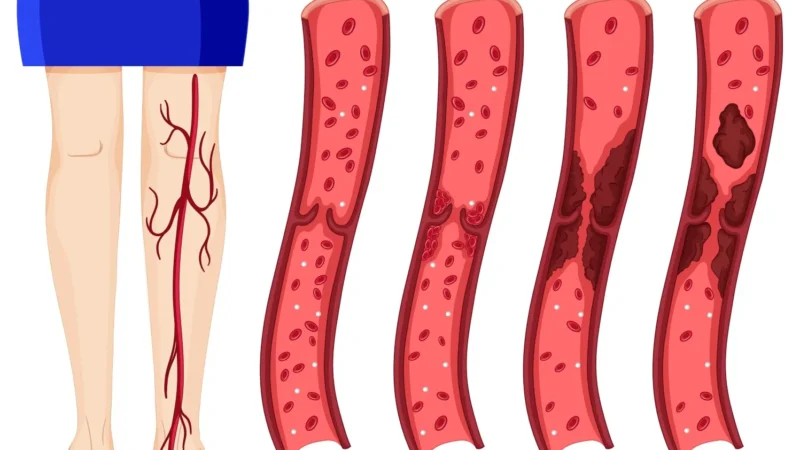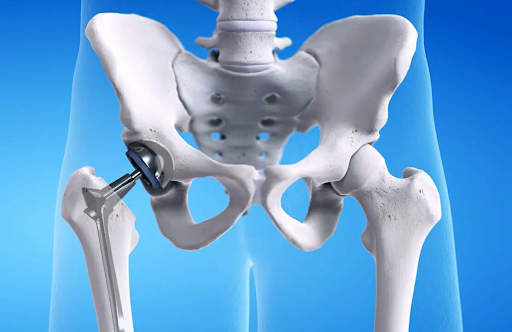Uses of Collagen Creams in Anti-Ageing Treatment.

It makes you nostalgic, remembering your college days or first date night. You can relive your golden days with emerging anti-aging skin treatments. Cosmetologists and skincare companies have paid great attention to your demand for youth. The modern market is overwhelmed with collagen creams.
Why is Collagen Important for Your Skin?
Collagen is an abundant structural protein in your body found in the bones, muscles, and skin. It is a tensile, insoluble, and fibrous protein that forms a scaffold to hold your body structures while rendering strength and support. Your body naturally synthesises collagen from fibroblast cells that form the extracellular matrix of the connective tissues.
It maintains your skin’s elasticity and keeps it supple, plump, healthy, and hydrated. With age and prolonged exposure to UV radiation, collagen production gradually declines, making your skin flaccid and wrinkled. For women, collagen production can decline up to 30 percent in the first five years after menopause. It is then that you need external stimuli to increase the collagen content beneath your epidermis.
What Damages Collagen?
Maintaining your natural collagen content is always better than using exogenous supplements. If the probable causes of its damage are known, you can work on preventing its loss.
● Smoking
Nicotine constricts the blood vessels in your skin and hinders the supply of nutrients and oxygen to the cells. This causes gradual cell death and affects your skin health.
● High Sugar Intake
Consuming excess sugar increases the process of glycation, in which blood sugars are added to proteins to form advanced glycation end products (AGEs). AGEs damage other nearby proteins and can make collagen dry, weak, and brittle.
● Ageing
With age, collagen is naturally depleted. Unfortunately, you cannot do anything to stop this.
● Sunlight
Prolonged exposure to UV rays causes collagen molecules to break rapidly, disrupting collagen fibres and accumulating abnormal elastin in your skin.
How do Collagen Creams Work?
Collagen is resorbable: the body can dissolve and absorb it again. Its versatility, and its natural occurrence in your body, make it a game for cosmetic companies. Many skincare lotions and powders claim to revitalise your skin by enhancing collagen levels in your body. They provide a moisturising effect that nourishes your skin.
Are Collagen Creams Scientifically Approved?
Collagen creams do not fall under drugs. They are categorised as skin tightening cosmetics whose efficacy is not scientifically proven. Hence, caution is always advised while choosing and using any collagen cream on the market.
Although the efficiency of collagen absorption through the skin is debatable, topical treatments like retinol and tretinoin are proven to promote collagen production. Moreover, antioxidants such as Vitamin C can reverse the inflammation that damages the collagen in your skin.
Summing Up.
Though collagen creams on the market claim to increase your skin collagen, improve skin elasticity, reduce fine lines and wrinkles, and enhance blood flow to nourish your skin, they must be used with caution to avoid allergy, irritation, and rashes. When choosing your best skin treatment routine, only dermatologically tested products with high brand value should be considered.






